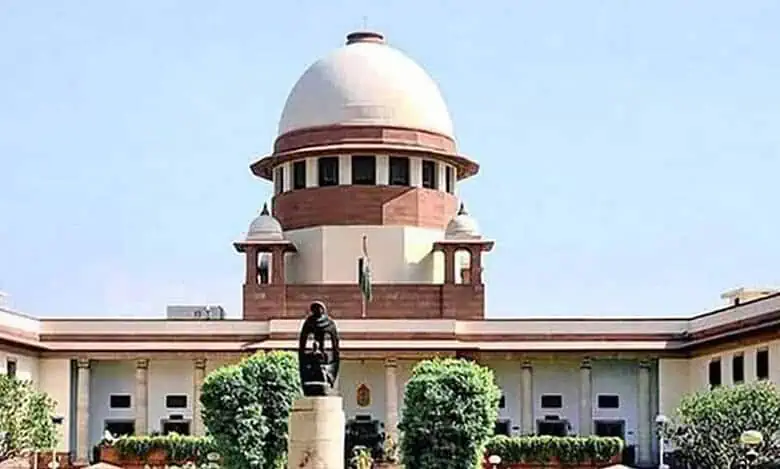Supreme Court to hear pleas against Waqf Amendment Act

The Supreme Court of India is scheduled to hear a series of petitions on May 15, 2025, challenging the constitutional validity of the recently enacted Waqf (Amendment) Act, 2025. The Act, which amends the Waqf Act of 1995, has been a subject of intense debate and legal scrutiny.Background of the Waqf Amendment Act 2025
The Waqf (Amendment) Act, 2025, was passed by the Indian Parliament with the objective of reforming the management of Waqf properties. The Act introduces several key provisions, including:
- Inclusion of Non-Muslim Members in Waqf Boards: The Act allows for the inclusion of non-Muslim members in the Central and State Waqf Boards, a move that has raised concerns among various Muslim organizations.
- Mandatory Registration of Waqf Properties: It mandates the registration of all Waqf properties, including those that have been in use for generations, leading to fears of potential encroachments.
- Increased Government Oversight: The Act provides the government with enhanced powers to oversee and regulate Waqf properties, which some critics argue could undermine the autonomy of Muslim religious institutions.
Legal Challenges and Petitions
Following the enactment of the Waqf (Amendment) Act, 2025, several petitions were filed in the Supreme Court challenging its provisions. These petitions argue that the Act infringes upon the constitutional rights of Muslims, particularly under Article 26, which guarantees the freedom to manage religious affairs. The petitioners contend that the inclusion of non-Muslim members in Waqf Boards and the mandatory registration of Waqf properties violate the principles of religious autonomy and could lead to the misappropriation of religious assets.
Court Proceedings and Interim Orders
In the previous hearings, the Supreme Court has expressed concerns over the potential implications of the Act. The Court has issued interim orders to maintain the status quo regarding Waqf properties until the final judgment is delivered. The Union Government has assured the Court that no Waqf property will be denotified or altered without due process, and that appointments to Waqf Boards will be made in accordance with the law.
Significance of the Upcoming Hearing
The hearing on May 15, 2025, is crucial as it will determine the future course of the Waqf (Amendment) Act. The Supreme Court’s decision will have far-reaching implications on the management of Waqf properties and the rights of the Muslim community in India. Legal experts and community leaders are closely monitoring the proceedings, as the outcome could set a precedent for the interpretation of religious freedoms and property rights in the country.
As the hearing date approaches, stakeholders from various sectors are preparing to present their arguments, hoping for a resolution that balances reform with the protection of constitutional rights.
















